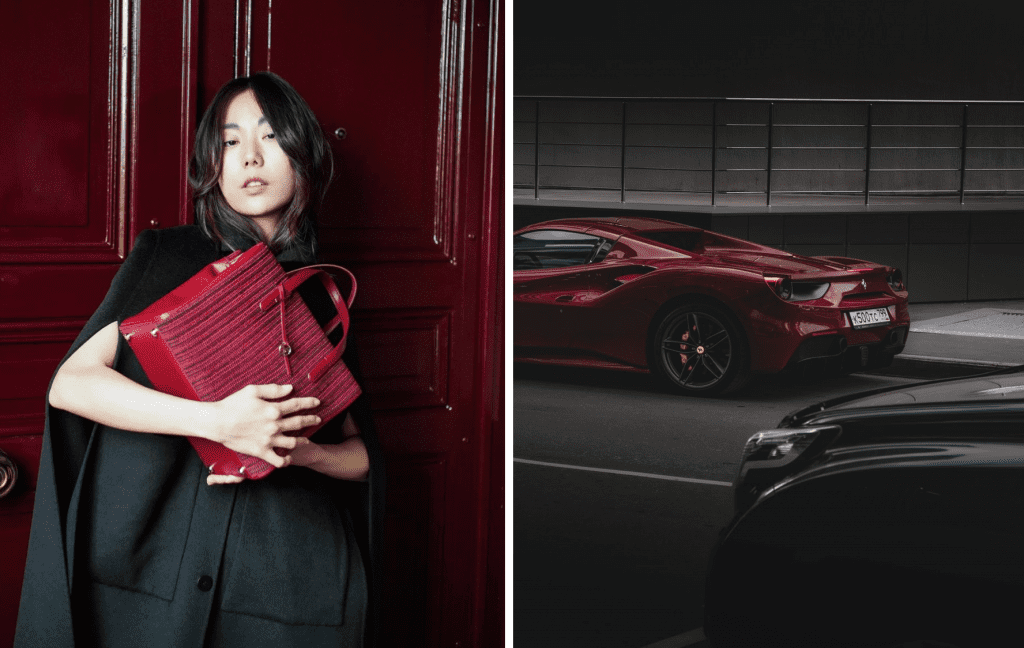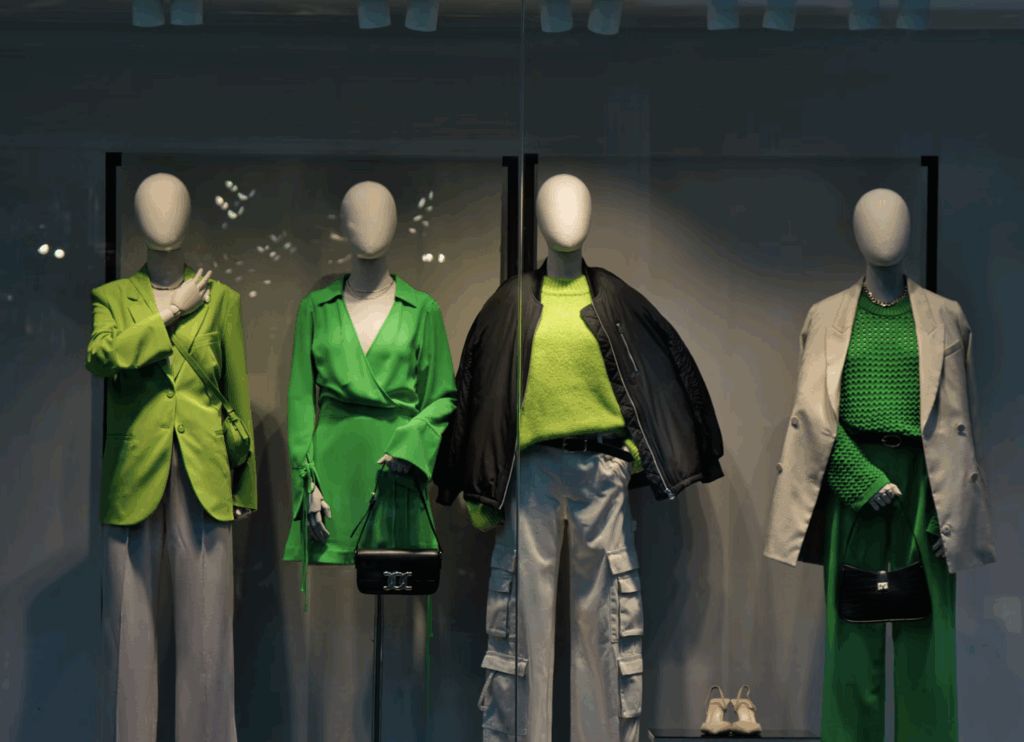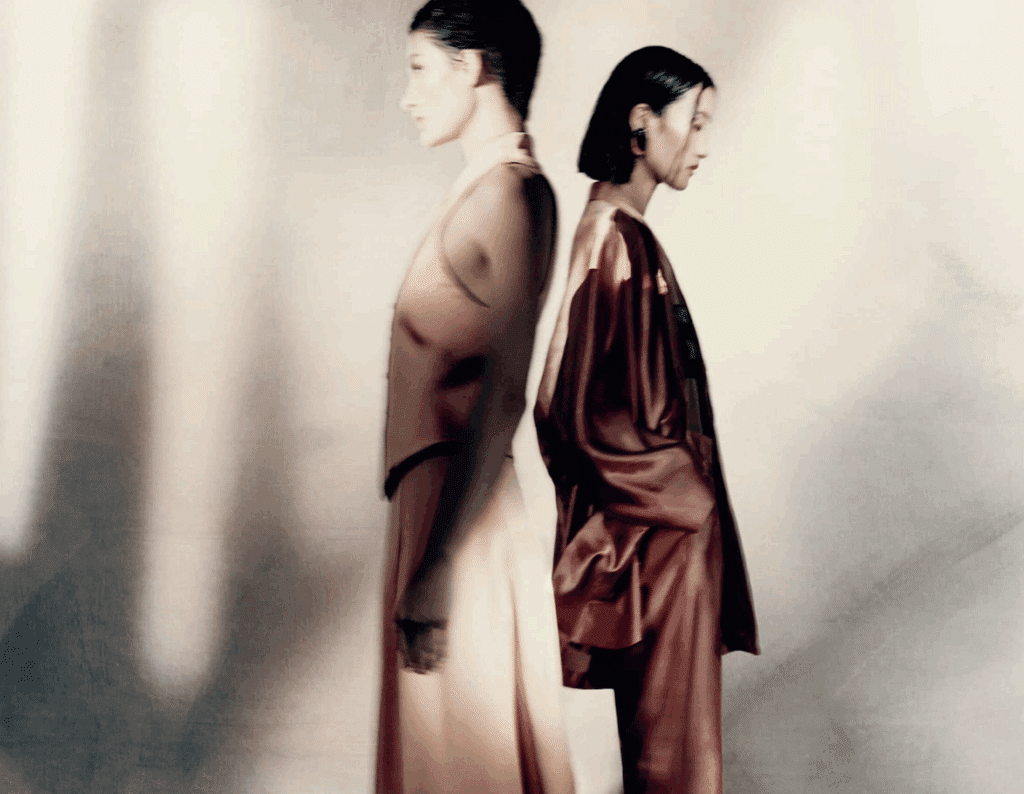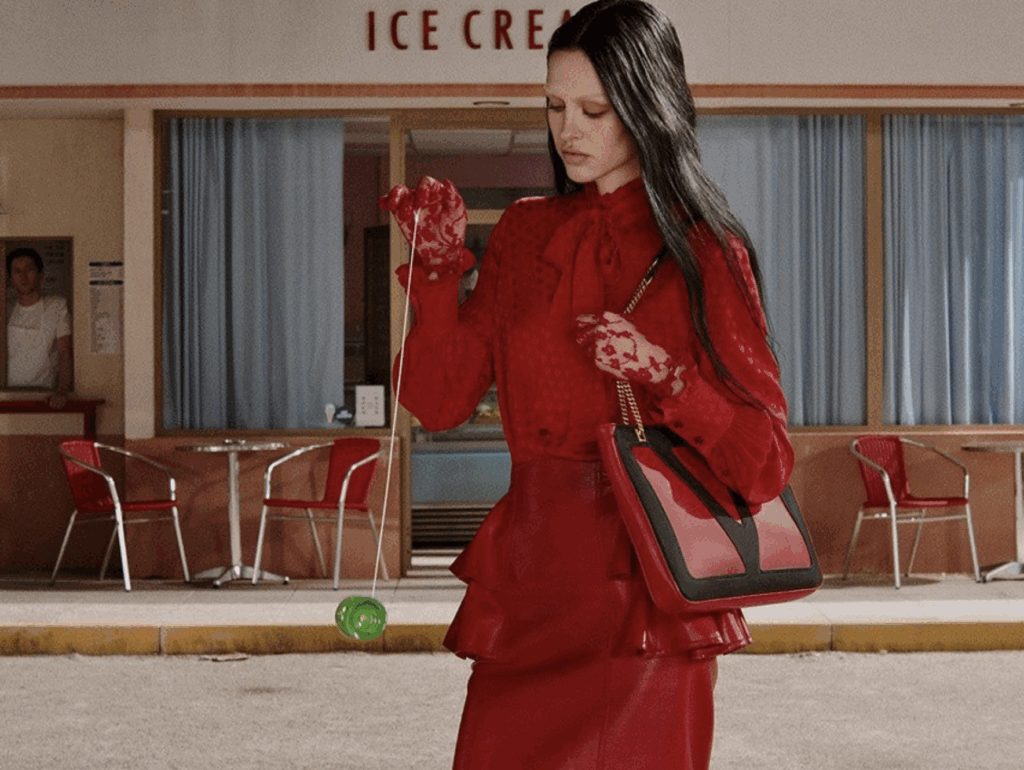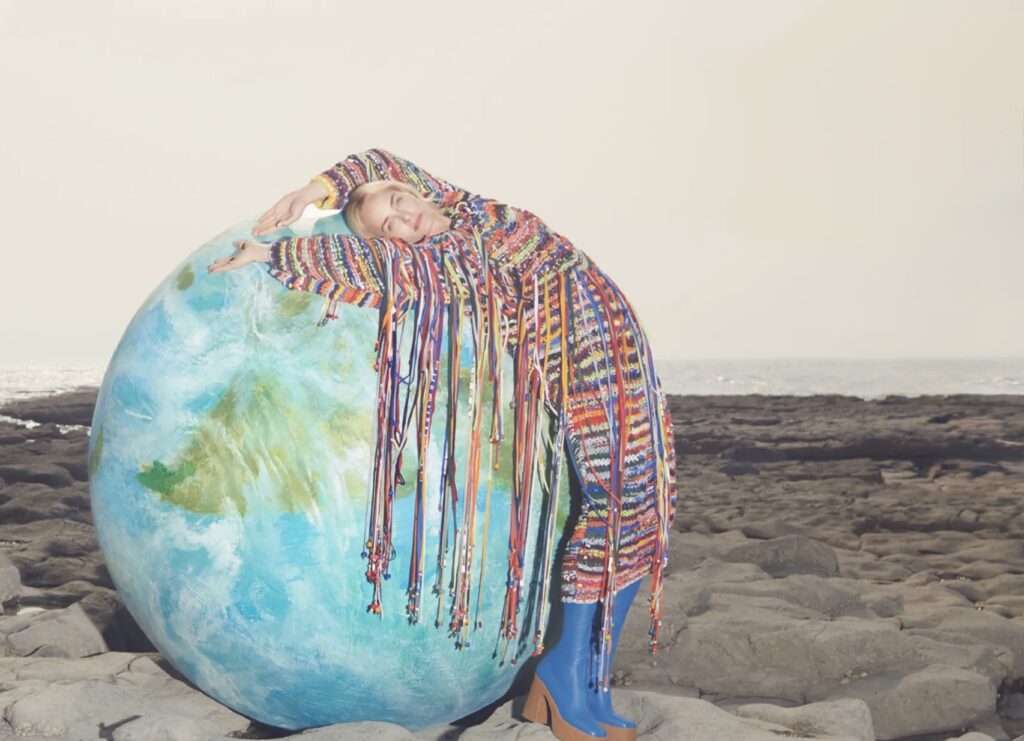As luxury brands double-down on the Asian market, including by “following Chinese shoppers back home,” as the Wall Street Journal’s Carol Ryan put it this week, and opening more brick-and-mortar stores in markets like China and Japan this year than in Europe or the U.S., Hermès is not bucking the trend. The Paris-based luxury group revealed on Wednesday that it is looking to build out Shang Xia, its Shanghai-headquartered luxury brand, with the help of a new injection of cash from Exor, the holding company of Italy’s Agnelli family.
According to a release from Exor on Wednesday, the holding company will invest “around €80 million [$96.9 million] in Shang Xia via a reserved capital increase that will result in it becoming the company’s majority shareholder.” Exor noted that Hermès – which “has accompanied Shang Xia successfully throughout the initial phase of its development – will remain as an important shareholder alongside Exor and [founder] Jiang Qiong Er.”
The investment is expected to close by the end of 2020, and “will result in a non-recurring profit of around €80 million for Hermès,” per Exor. Both Hermès, which has served as Shang Xia’s largest shareholder to date, and Jiang Qiong Er will stay on as investors.
Speaking about the deal, Jiang Qiong Er – who launched the label in 2010 with the aim of creating a company that celebrates the “contemporary Chinese art of living, through a unique encounter between the Chinese cultural heritage, the finest Chinese craftsmanship, and a 21st century design” – said in a statement: “Within just a decade, Shang Xia has managed to position itself as one of the first Chinese brands on the international luxury stage.”
The pairing between Hermès and Exor by way of Shang Xia – whose array of upscale home goods, silk scarves, streamlined leather goods, and refined apparel offerings are not a terribly far cry from those of Hermès – is certainly an interesting one. While Exor is not known for its holdings in the fashion industry, it is, nonetheless, well equipped in the luxury space, as a leading shareholder in Ferrari, where Exor chairman and CEO John Elkann holds the chairman role.
Exor’s sweeping stake in Ferrari – which as of 2015 sees it maintain a total voting power of nearly 50 percent with Piero Ferrari, son of the Italian automaker’s founder Enzo Ferrari – speaks to its might in the luxury market. It sheds light on a number of noteworthy commonalities between Hermès and Ferrari, given that Ferrari is far more a luxury entity in the business of employing luxury manufacturing, marketing, and distribution methods than a traditional automaker.
The models embodied by the two companies maintain no shortage of shared attributes – from the calculated approach to the quantity of output when it comes to certain models to the makeup of their respective (and likely overlapping) customer bases. Specifically, both companies boast pools of dedicated and high-spending enthusiasts, with deep-pocketed consumers seemingly clamoring for the latest Ferrari automobiles in something of the same way as the most loyal Hermès shoppers vie for the latest Birkin and Kelly bags. This is no small matter in a global market of ever-expanding options and endlessly fickle consumers.
As Ferrari asserted in its 2019 annual report, “We support our brand value by promoting a strong connection to our company and our brand among the community of Ferrari enthusiasts. We focus relentlessly on strengthening this connection by rewarding our most loyal clients through a range of initiatives … and most importantly, by providing our most loyal and active clients with preferential access to our newest, most exclusive and highest value cars.”
As a result, Ferrari asserts, “We enjoy a strong and loyal client base with most of our cars being sold to existing Ferrari owners and approximately 41 percent of our clients being owners of more than one Ferrari, which reinforces the demand for our cars and the image of luxury and exclusivity inherent in our brand.”
While Hermès does not publish breakdowns of sales of its most iconic bags by ownership, the notion that most brand-new-Birkin bag purchasers already have more than one bag at home, and that the most dedicated consumers are given increased access to bags is in line with widespread reporting that preferential treatment is given to existing Hermès clients, or “the big spenders with deep relationships with salespeople who reportedly offer Birkins as soon as they hit the stockroom.”
At the same time, like Hermès, Exor’s Ferrari ownership also links its very closely to the uppermost echelon of the Chinese market. Sales for Ferrari – which describes itself as “among the world’s leading luxury brands” – have been booming in China in recent years; while the EMEA (Europe, the Middle East and Africa) market accounted for the majority of the company’s sales in 2019, followed by the U.S., Ferrari revealed early this year that the China, Hong Kong, and Taiwan region was responsible for the greatest amount of growth. Sales in the region during 2019 grew by 20 percent on a year-over-year basis. (In the first quarter of 2019, sales in mainland China and Taiwan were up by 71 percent, a record for the Maranello, Italy-based automaker).
In its annual report, Ferrari pointed to “demand in these markets, [which] has increased in recent years due to sustained economic growth and growth in personal income and wealth,” as reason to “believe we have potential for further success in new geographies, in particular in China, but also more generally in Asia.”
Still yet, as Reuters has since noted, “Ferrari shares’ mind-boggling valuation of 45 times forward earnings rests on its cars’ status as a quintessentially Italian bling product, something [former CEO] Louis Camilleri understood well.” Further driving home the ties between the two companies, the publication reports that “during his time as CEO, [Camilleri] launched new models and kept a tight control on deliveries, with the aim of propelling Ferrari’s EBITDA margins from 33 percent towards Hermès International-like 38 percent.”
Aside from the obvious synergies, the Shang Xia investment is ultimately “a good way for Exor to diversify” its holdings, which also currently consist of “leading” stakes in Fiat Chrysler Automobiles, PartnerRe, CNH Industrial, Juventus FC, The Economist Group and GEDI Gruppo Editoriale, “while deploying some of its cash,” according to Reuters’ Lisa Jucca.
“Chinese shoppers have been the motor of the luxury industry’s growth, despite being grounded by the pandemic. Buying into a mainland brand gives Exor a foothold at the heart of the future of fashion,” per Jucca, although with Western brands still pulling the attention and cash of most Chinese luxury buyers, “challenging Western brands’ dominance may take time.”
*Article updated on December 14 to reflect a notation from Reuters about Ferrari’s margins.







